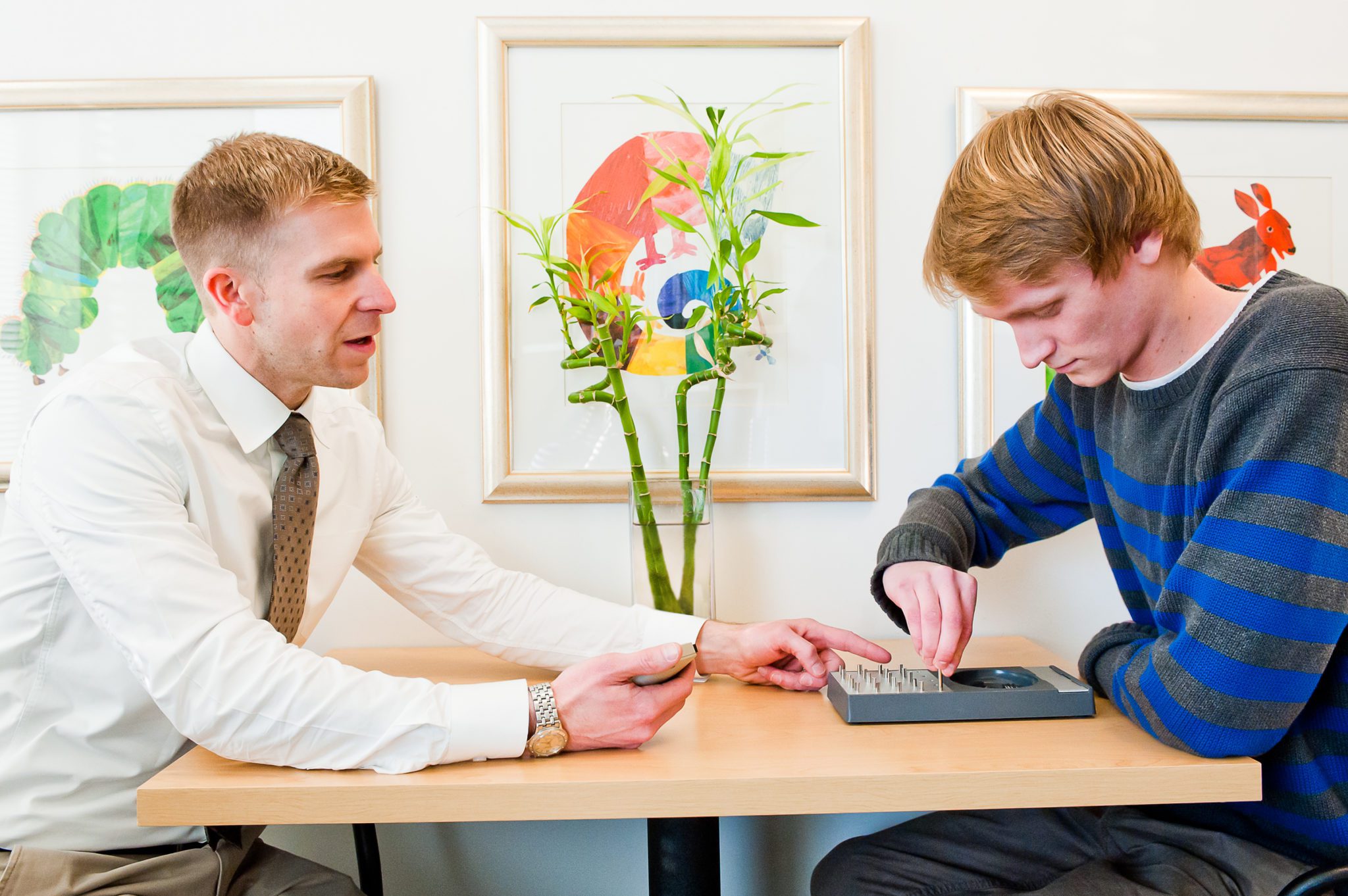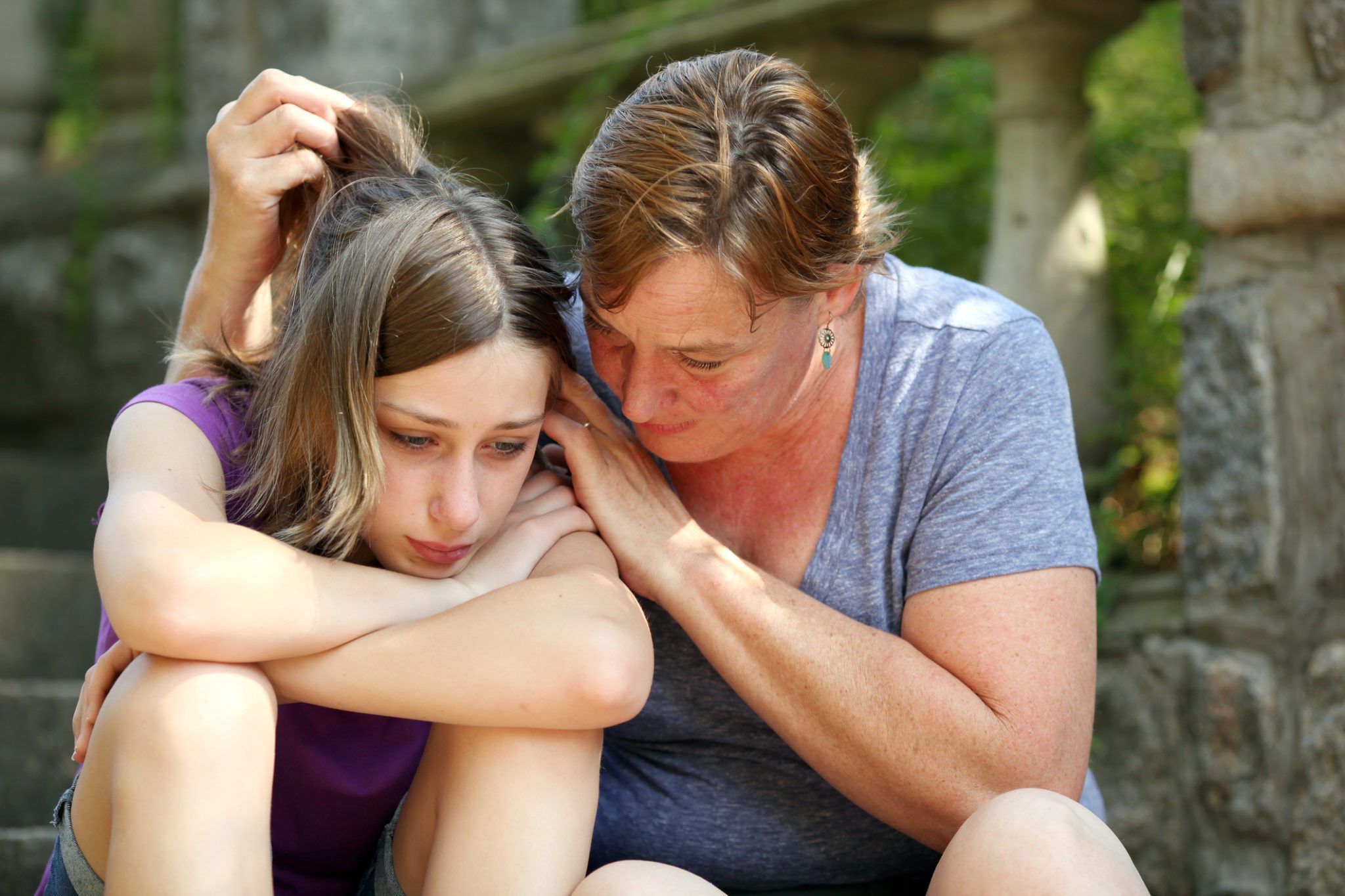Q+A: How Do I Find a Therapist for My Child?

Posted in: Grade School, Parenting Concerns, Pre-School, Teenagers
Topics: Anxiety, Mental Illness + Psychiatric Disorders, Q+A
Este artículo está disponible en español.
My child has anxiety and I need to find a therapist. How do go about finding a good one?
This is an extremely important question, and while there are no absolute rules, here are some guidelines that can help inform your process:
- Word of mouth is often the best source of information. Pediatricians, school psychologists and counselors, and teachers are often tuned into the best clinicians in your area. Asking them “Who would you see if your child had a problem?” usually gets a frank and helpful response. Friends can also be a wonderful resource, but be sure to consider what you know about the source. What works for one family may not work for another.
- Universities can be a good place to start. Medical schools and university psychology departments that operate clinics often provide very good care, although you may be seen by a psychiatrist or psychologist in training who is supervised by a senior staff member. In this case, you will want to obtain information about the clinician providing the direct service and the supervisor’s experience and quality of supervision.
- Check out the clinician’s credentials. A good rule of thumb to keep in mind is the more complex your child’s problem, the more training and experience you will want from your clinician.
- Make sure your clinician is licensed in their chosen field. You want to make sure that the person you see is licensed in the state they practice – or that the person you see is supervised by a licensed professional (typically in the context of a training program, such as a psychiatry residency or a psychology internship).
- Ask how much experience they have. Again, the more complex the problem, the more important it is to get a more experienced professional. Ask about the types of therapies or evaluations they are competent to perform and make sure it’s a good match with what your child or family needs.
- Trust your instincts. I cannot count the times that parents have come to me for a second opinion, bemoaning the fact that they didn’t have a good feeling about the first professional they consulted, but they went ahead and saw him anyway. Just because you have gotten a referral from a reputable source, doesn’t mean the referred clinician is right for you. Personality counts in this arena and you need to have someone you connect with – someone with whom you immediately trust and to whom you relate.
There are also a few things not to do when you’re trying to find a therapist:
- First, it’s rarely a good idea to get a name from the phone book or internet.
- Second, it’s not usually a good idea to see a therapist who is treating one of your relatives or close friends. An exception to this rule is when you are just seeking a neuropsychological or educational evaluation (such as for a learning disability), or when you are seeing a doctor who is primarily providing medication.
- Finally, don’t get caught up in trying to find a therapist of demographic qualities the therapist “should” have, such as a certain gender, age, or religious preference. While some children do need and benefit from seeing either a male or female therapist, most children will do fine with either one. The same goes for age – many times parents want a “young” therapist who can relate to their child or an “old” therapist who can act as a surrogate grandparent – but it’s much more important for you and your child to find that personal connection, and personal connections are rarely based on demographic qualities alone.
Was this helpful?
Thanks for your feedback!

 Share
Share Tweet
Tweet





